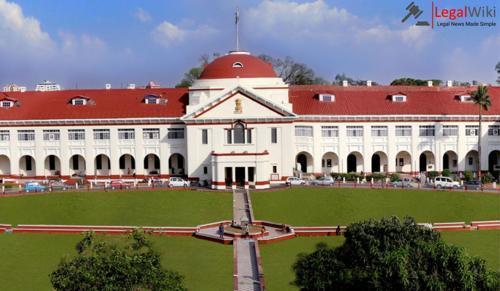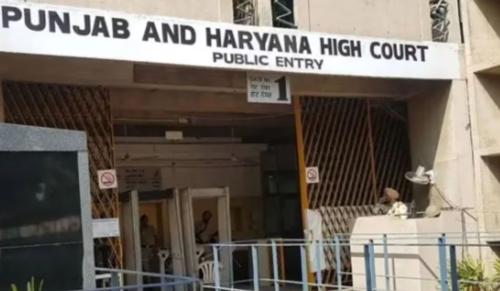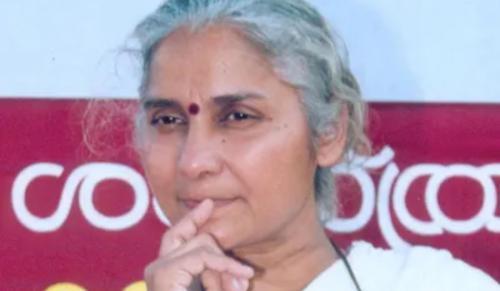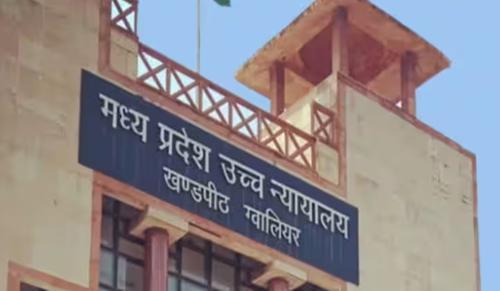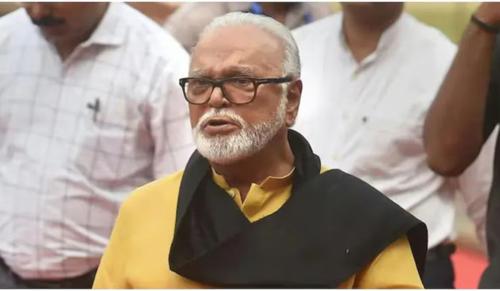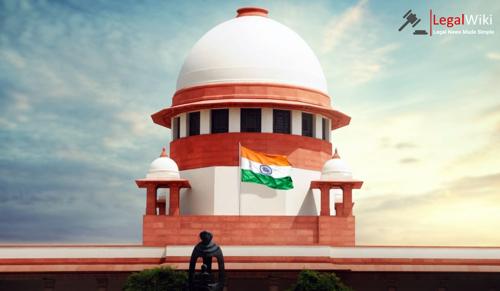The Patna High Court upheld the death sentence awarded to two men for the murder of three members of a family in an agricultural land dispute in Rohtas district.
Dismissing the criminal appeal, the Court confirmed the trial court’s findings that the case fell within the “rarest of rare” category and referred to the Mahabharata to explain that aggressors who kill relatives for property face the gravest consequences.
The prosecution said Vijay Singh and his sons were attacked with swords after they objected to the accused ploughing the disputed land.
The case was based mainly on the testimony of Shakuntala Devi, an eyewitness and the wife of Vijay Singh.
